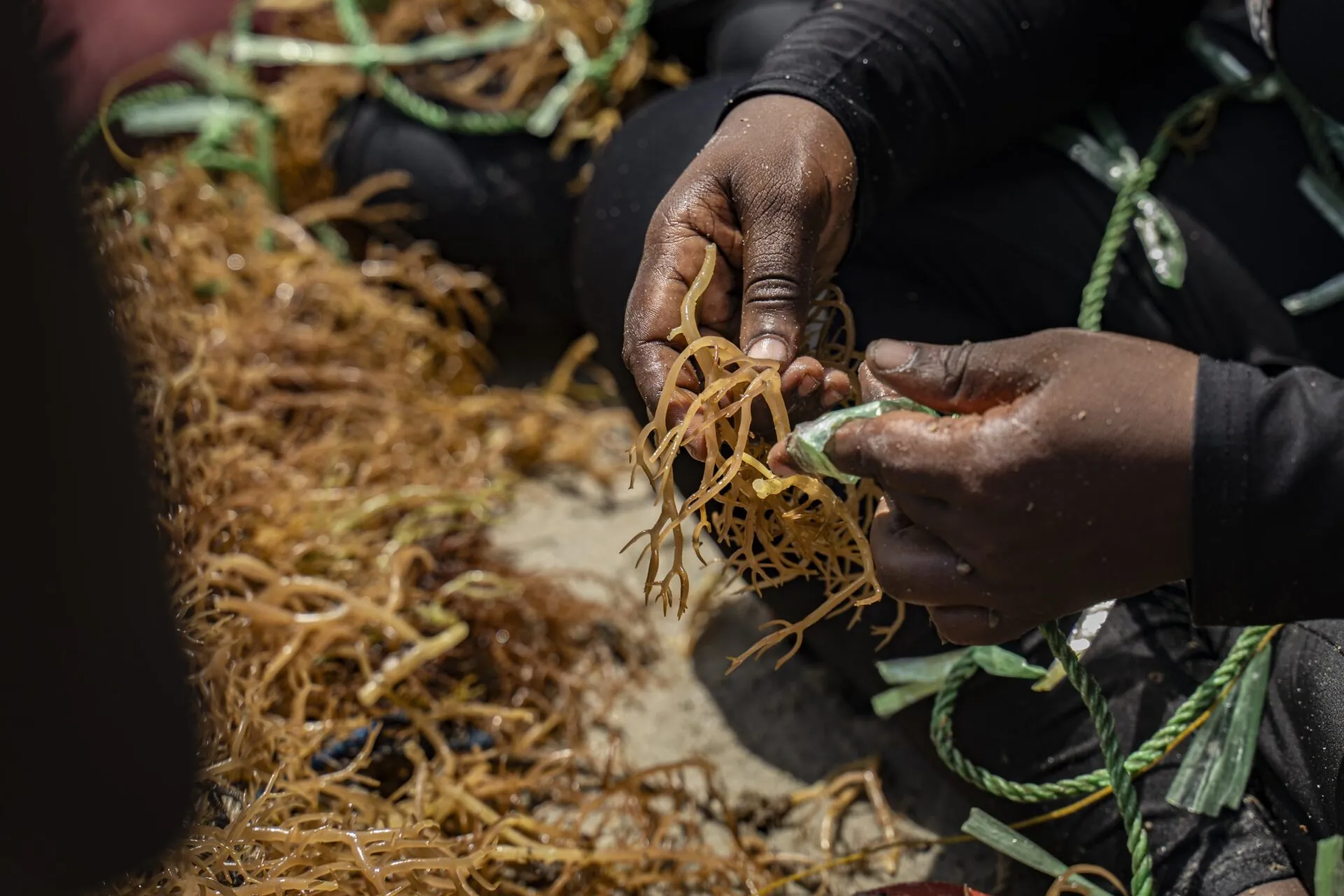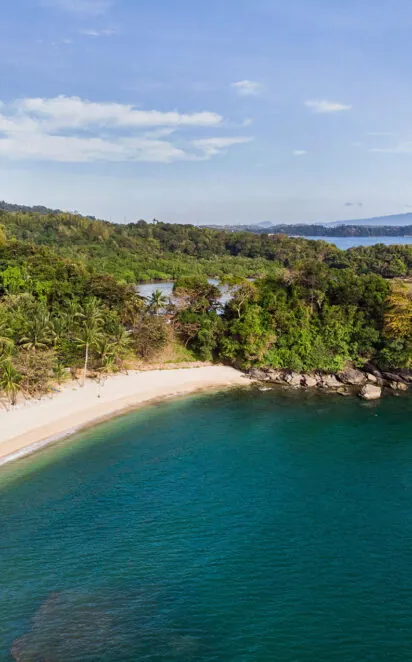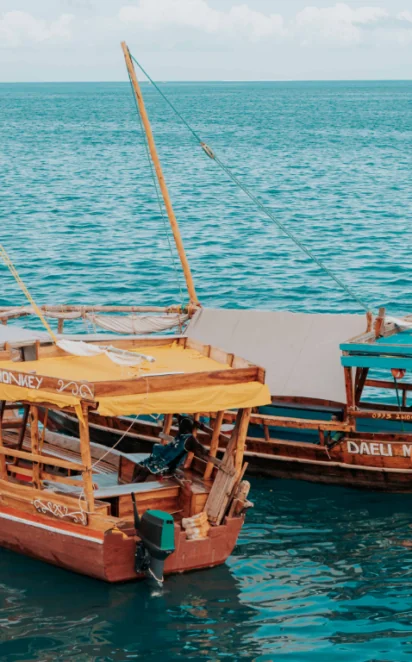Growing an Equitable Seaweed Industry in East Africa
Key Details
Project Lead: Action For Ocean
Financial Innovation: Funds
Supporting Partners: Mawimbi Ocean Innovations
Financial Support: The UK’s Blue Planet Fund
Location: Tanzania & Kenya – Western Indian Ocean
Project Timeline/Status: Sept 2024 – March 2026


Summary
Action For Ocean (AFO) has created The Africa Fair Seaweed Finance Facility, an innovative financial model that combines concessional funding and commercial investments. This initiative promotes the equitable growth of seaweed farming in East Africa through a ‘Seaweed-Farm-as-a-Service’ model, which provides farmers in Tanzania and Kenya with essential resources such as financing, toolkits, training and market access. These tools enable farmers to boost productivity and increase their income, with a special focus on empowering women and youth in the sector. The project also promotes sustainable farming practices, helping to improve ecosystem health and strengthen the resilience of coastal and marine environments in the region.
Challenge
Seaweed cultivation in East Africa is fraught with obstacles, particularly for women and young farmers. The industry grapples with a myriad of issues, from outdated farming methods and market volatility. Limited access to capital poses a significant hurdle, as traditional financial institutions often view these farmers as high-risk investments.
These challenges are compounded by the lack of modern farming technology, resulting in reduced yields and income. These factors not only hamper productivity, but also prevent farmers from adapting to climate change and market demands.
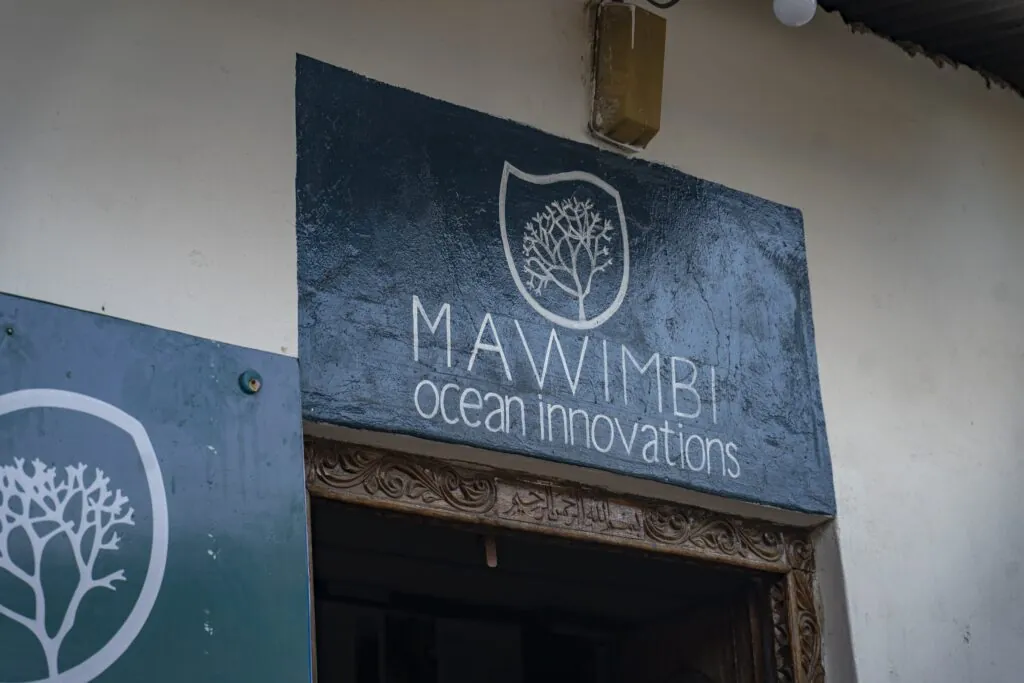
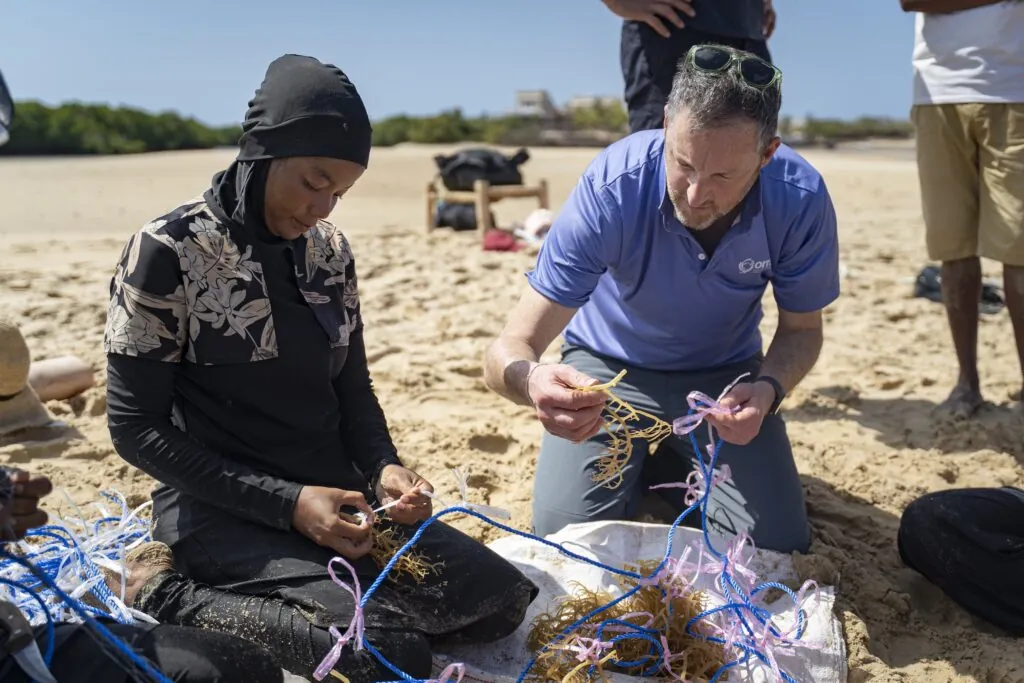
Solution
The Africa Fair Seaweed Finance Facility offers a groundbreaking solution to the challenges faced by East African seaweed farmers. Through its innovative blended finance model, the facility reduces investment risks while providing farmers, especially women and youth, with essential resources such as sustainable farming technologies and access to capital and markets. The “Seaweed-Farm-as-a-Service” approach enables farmers to adopt climate-resilient practices, mechanise their operations, and diversify income through local processing and increasing the value of seaweed. This comprehensive strategy not only enhances productivity and sustainability but also promotes economic empowerment in coastal communities, addressing both financial and technological barriers that have long hindered the industry’s growth.
Scaling and Next Steps
The project’s objective is to scale the model across coastal communities in Kenya and Tanzania over the next five years. Future plans include expanding into Mozambique and other regions, fostering sustainability through partnerships with local NGOs and attracting commercial investors.
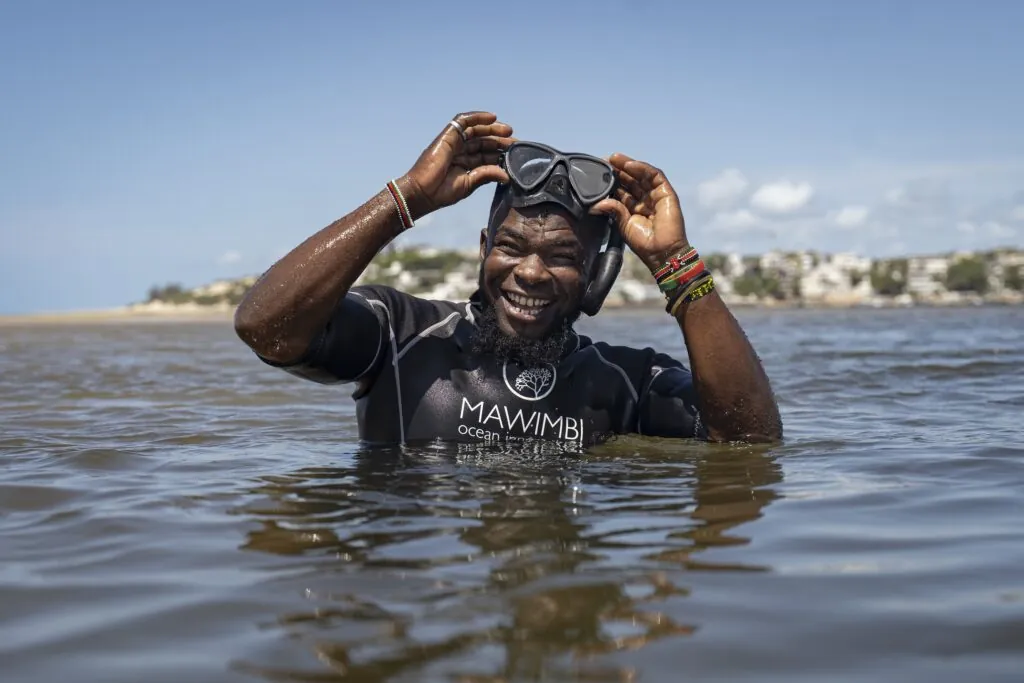
“We are committed to empowering coastal communities, especially women and youth. The Africa Fair Seaweed Finance Facility will provide the tools, training, and capital needed to build resilient, sustainable livelihoods while protecting our marine ecosystems.” – Jerry Geofrey Mang’ena, Co-Founder & Executive Director, AFO

